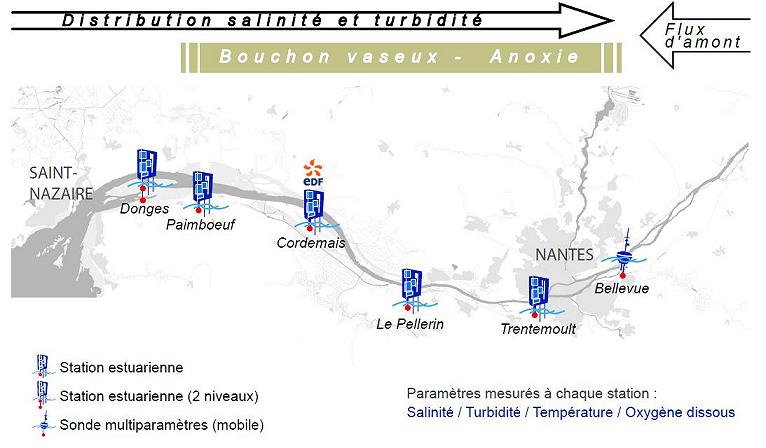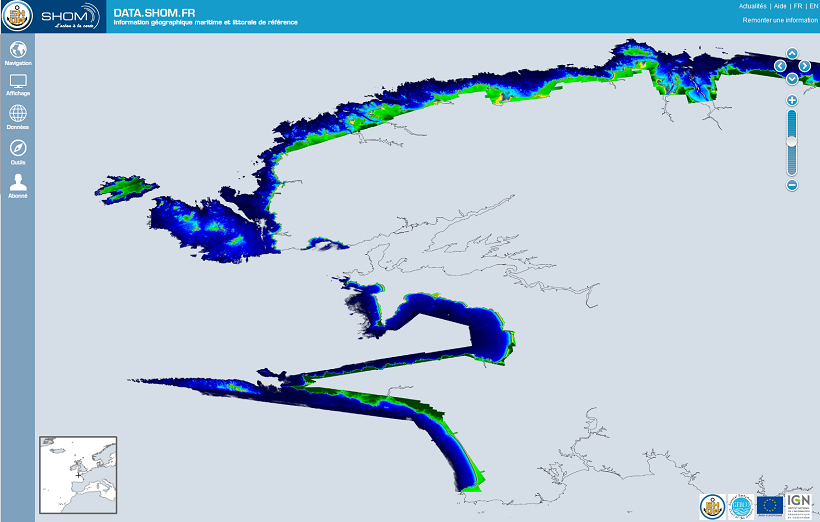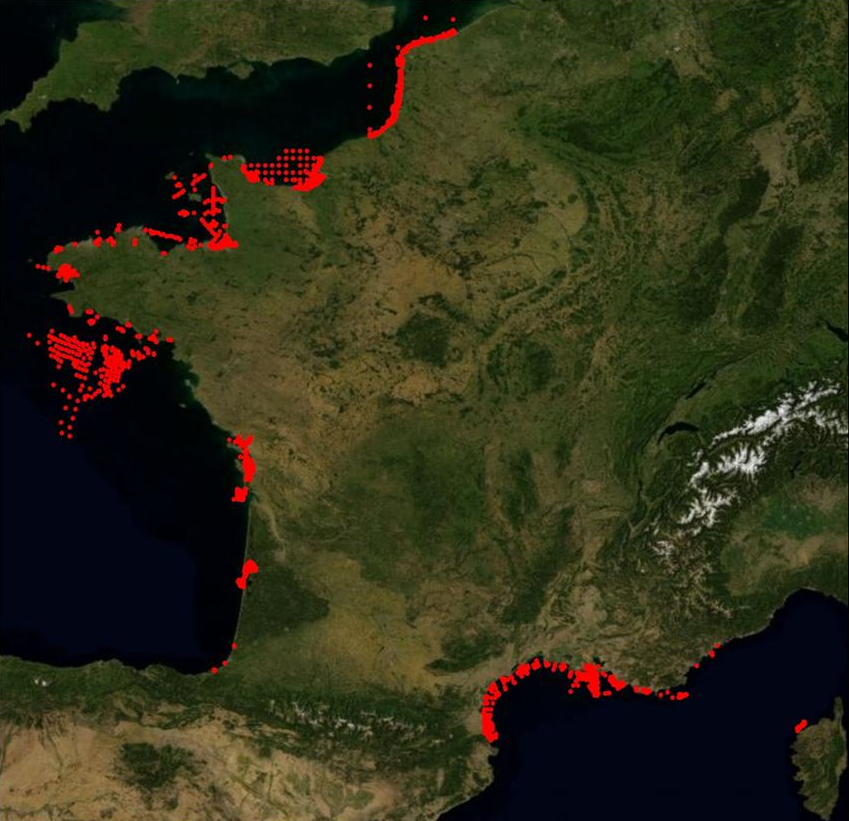Coast
Type of resources
Topics
Keywords
Provided by
Representation types
Update frequencies
status
Scale
-

Monitoring System in the Loire Estuary SYVEL 2007 -
-

The Litto3D® project, along with the IGN, is responsible for producing detailed topographical and bathymetric information in mainland France so as to meet the needs of coastal and land-based stakeholders.
-

Resomar is a French national network of marine stations and observatories for exchanging and collaboration on scientific projects, studies and monitoring programmes. In 2007, the CNRS/INSU launched a programme with a view to giving new life to RESOMAR (formerly RNSM and then RNSLM), and to made it a strategic tool for enhancing coastal marine biology studies at a national level. This network has been given the task of scientifically collating and exploiting biological databased relating to the components of benthic and pelagic ecosystems on the French coast.
 Catalogue PIGMA
Catalogue PIGMA